Graham Reid | | 1 min read
Chris Prowse: Proclamation/Sid's Song

The 1951 waterfront strike in Auckland (which lasted for five months but had repercussions for years, even decades, after) was one of the most significant flashpoints and dividing lines in New Zealand history, certainly as much as the Springbok tour three decades later.
The strike, lock-out, state of emergency, troops and farmers coming to town to sort out the wharfies, allegations of terrorism, censorship, deprivation of civil liberties and so on is all in the history books. But it has also been burned into the conscience of the children and grandchildren of that generation of waterside workers.
Singer-guitarist Prowse is one of those and here, in a concept album more accessible than those books in libraries, he weaves a multi-layered narrative which opens with the voice of prime minister Sid Holland declaring a state of emergency and then moves through bluesy, folksy and spoken word songs which hold a prism up -- largely sympathetic to the wharfies -- to those events.
There is a world weary tone to Idle Ships ("if only we could sail away"), a Woody Guthrie-styled talkin' blues in Talkin' The Huntly Bridge Blues which opens with audio of Jock Barnes, and a trad.country/Tex Morton feel to Our Mates From Australia. Eva Prowse and Tessa Rain ache through the ballad Freedom Radio which you could imagine Pete Seeger, Joan Baez, Emmylou Harris or Bruce Springsteen (in acoustic/conscience mode) singing.
With assistance from a small band this has an honest, earthy and well researched feel.
Away from the rock charts, Music Awards and pop profiles in magazines and newspapers, there was once a great tradition of topical, political songs in New Zealand. But somewhere along the way that has been lost. (Aside from Riot 111's explosive single 1981 there were few songs which captured anything of the Springbok tour).
Prowse brings that older tradition back to life with an album which works just fine in the stereo but also deserves a multi-media stage presentation with still photos and film footage.
The '51 waterfront strike was too significant for it to be consigned to books that only a few will read. This album is an important and enjoyable step in the right (more correctly, Left) direction.

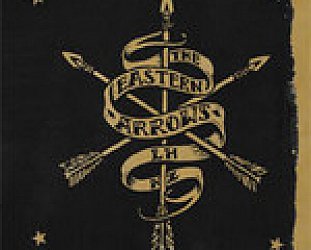
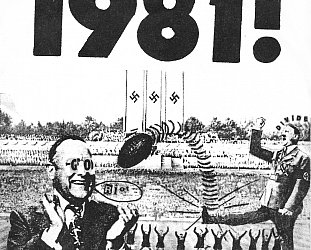
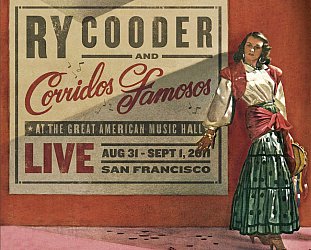
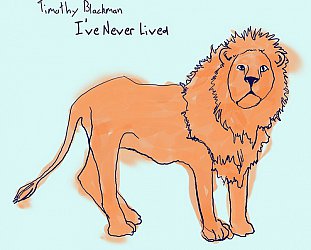
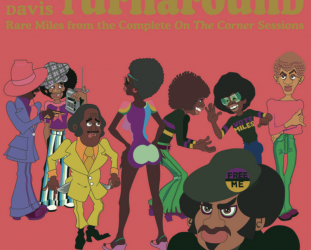

post a comment